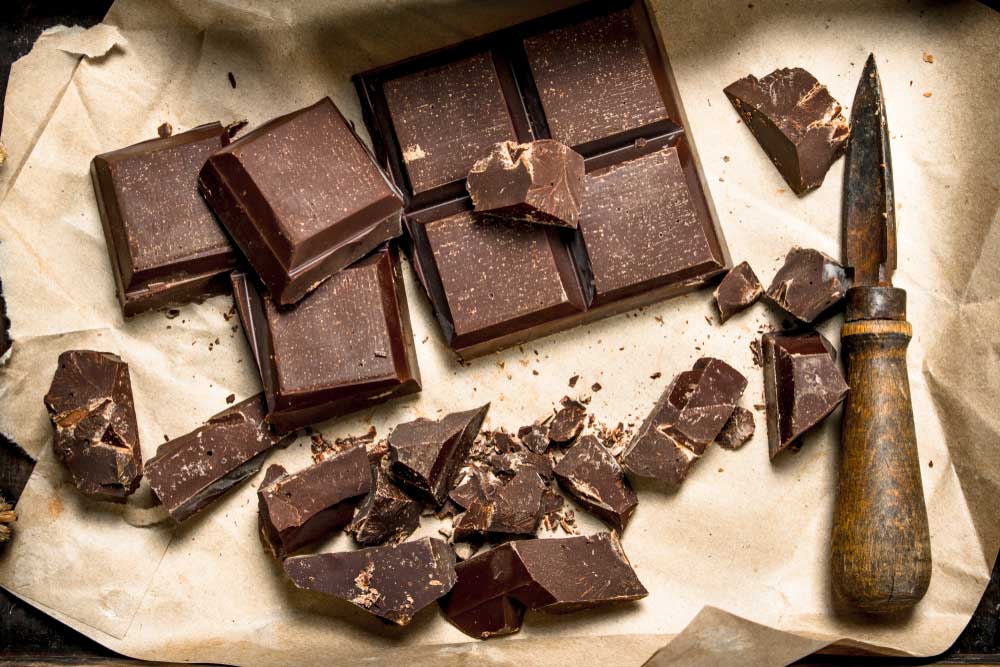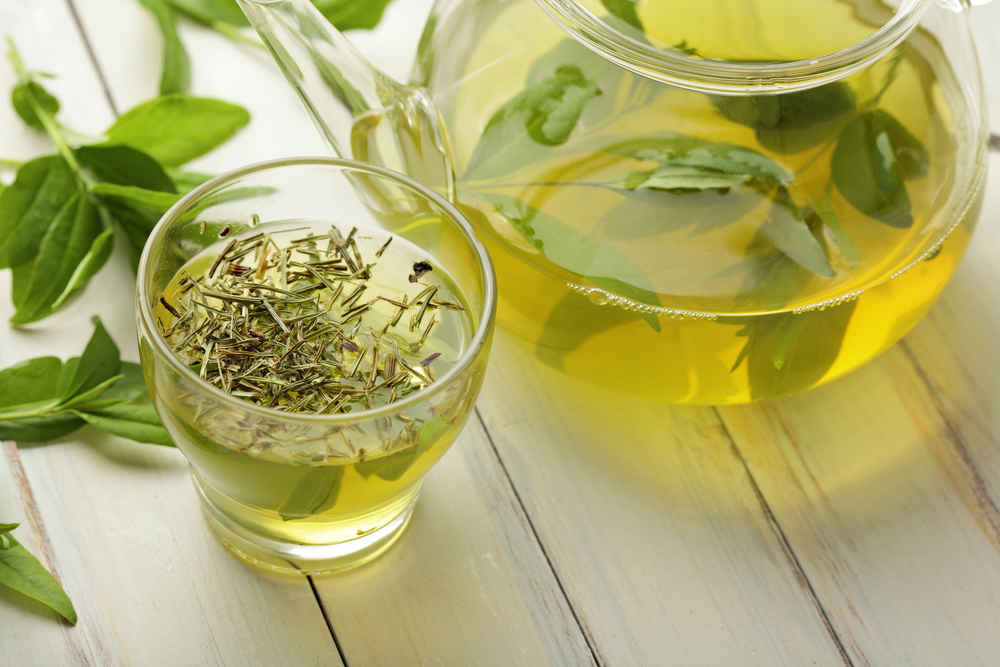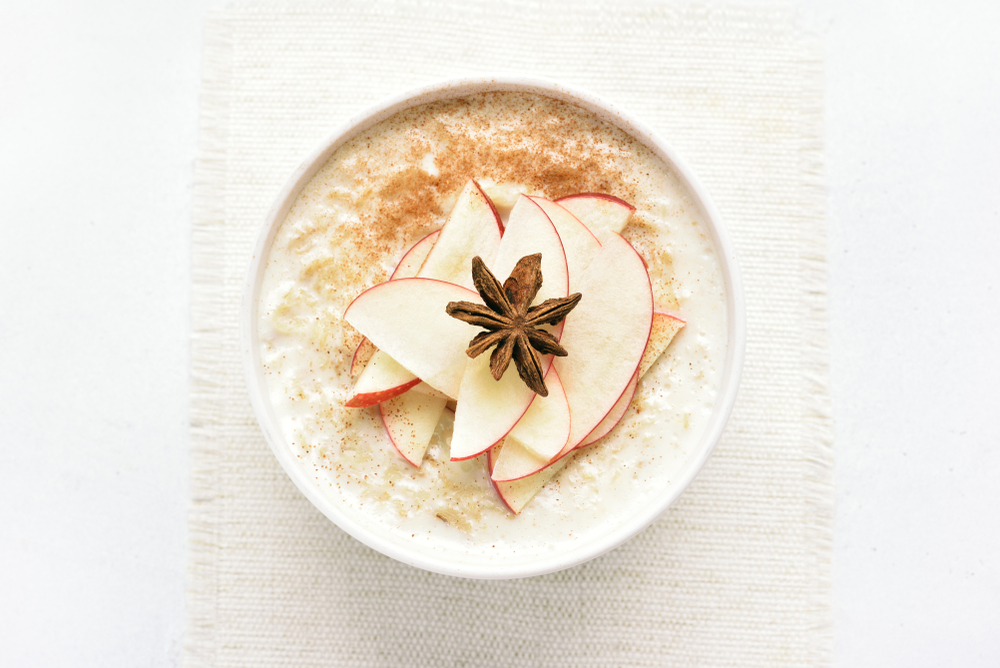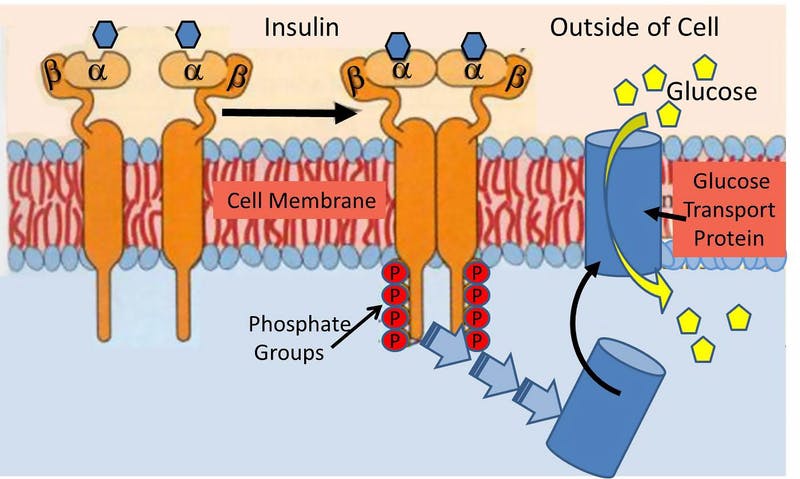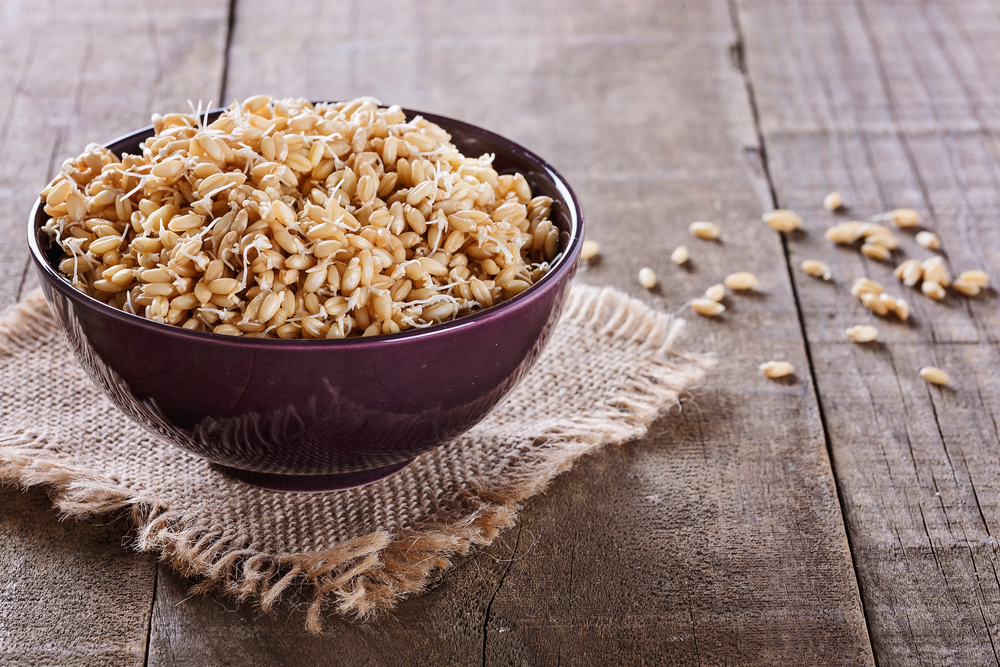¿Se te antoja un chocolate? Opta por el chocolate amargo, que tiene un mayor contenido de cacao que el chocolate regular y no tiene leche.
El chocolate amargo suministra más oxígeno hacia el cerebro y músculos, mejorando sus funciones. Es útil especialmente durante el ejercicio. Un buen chocolate amargo es aquel que contiene al menos 70% de cacao; no olvides que el 30% restante en general es azúcar, así que no debes exagerar su consumo. Comer una barra de chocolate amargo de vez en cuando es saludable, pero no abuses de su consumo.
El aumento del flujo sanguíneo producido por los antioxidantes del cacao, ayuda a reducir la fatiga mental mejorando el estado de ánimo. Se ha demostrado que los antioxidantes del cacao aumentan el flujo sanguíneo en todo el cuerpo.
Referencias:
Wirtz PH, von Känel R, Meister RE, Arpagaus A, Treichler S, Kuebler U, et al. Dark chocolate intake buffers stress reactivity in humans. J Am Coll Cardiol 2014 Jun 03,;63(21):2297-2299. http://www.sciencedirect.com/science/article/pii/S0735109714015836?via%3Dihub
Flammer AJ, Hermann F, Sudano I, Spieker L, Hermann M, Cooper KA, et al. Dark chocolate improves coronary vasomotion and reduces platelet reactivity. Circulation 2007 Nov 20,;116(21):2376-2382. http://circ.ahajournals.org/cgi/pmidlookup?view=long&pmid=17984375
Kuebler U, Arpagaus A, Meister RE, von Känel R, Huber S, Ehlert U, et al. Dark chocolate attenuates intracellular pro-inflammatory reactivity to acute psychosocial stress in men: A randomized controlled trial. Brain, Behavior, and Immunity 2016 October 1,;57:200-208. https://www.sciencedirect.com/science/article/pii/S0889159116300976
Gianfredi V, Salvatori T, Nucci D, Villarini M, Moretti M. Can chocolate consumption reduce cardio-cerebrovascular risk? A systematic review and meta-analysis. Nutrition 2018 Feb;46:103-114. https://www.ncbi.nlm.nih.gov/pubmed/29290347
Chocolate and the brain: Neurobiological impact of cocoa flavanols on cognition and behavior. Neuroscience & Biobehavioral Reviews 2013 /12/01;37(10):2445-2453. https://www.sciencedirect.com/science/article/pii/S0149763413001681
Lippi D. Chocolate in history: food, medicine, medi-food. Department of Experimental and Clinical Medicine, Section of Health Services. Nutrients. 2013 May 14;5(5):1573-84. doi: 10.3390/nu5051573. https://www.ncbi.nlm.nih.gov/pubmed/23673608
Stebbing, J., Gajapathy, V., & Lowdell, C. (2013). Chocolate: Delicious beauty or harmful beast? Lancet Oncology, 14(6), 457-8. http://dx.doi.org.ezproxy.unbosque.edu.co/10.1016/S1470-2045(13)70198-0. Chan EK, Quach J, Mensah FK, Sung V, Cheung M, Wake M. Dark chocolate for children’s blood pressure: Randomised trial. Arch Dis Child. 2012;97(7):637. https://www.ncbi.nlm.nih.gov/pubmed/22685047
L. Fernández-Murga, J.J. Tarín, M.A. García-Perez, A. Cano, The impact of chocolate on cardiovascular health, Maturitas, Volume 69, Issue 4, 2011, Pages 312-321. http://www.sciencedirect.com/science/article/pii/S0378512211001782
